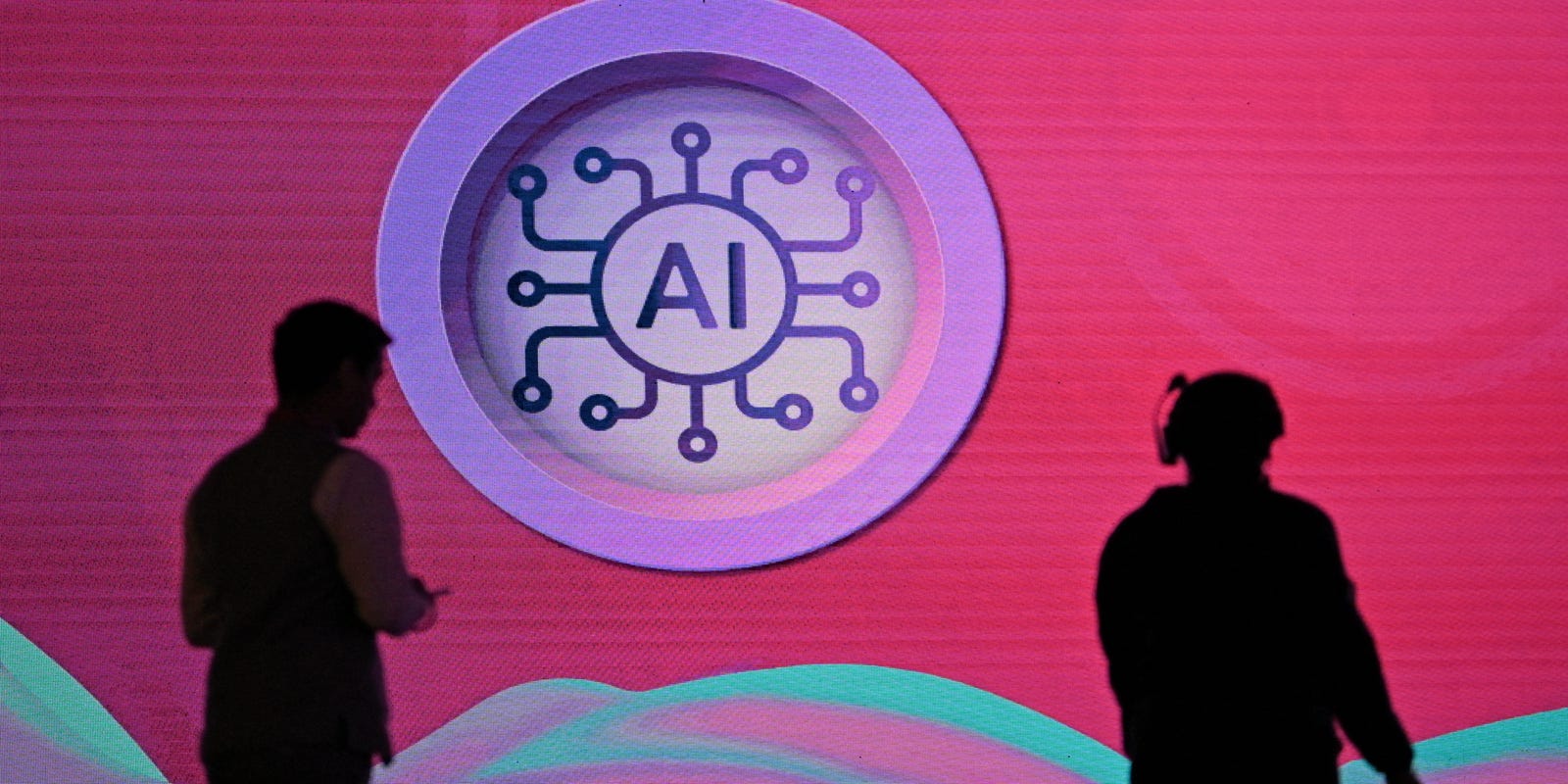
Artificial intelligence (AI) is rapidly becoming a transformative force in the global food industry, offering immense potential to enhance sustainability, support the development of plant-based alternatives, and drive innovation in food product creation. As food systems around the world grapple with challenges related to climate change, resource limitations, and increasing demand for healthier options, AI’s role in shaping the future of food production has gained significant attention.
AI technologies are enabling researchers and food companies to crunch large volumes of data to identify new ingredients, optimize agricultural practices, and streamline supply chains. For instance, AI can be used to analyze consumer preferences and nutritional trends, assisting manufacturers in creating new food products that align with market demands and health standards. Furthermore, it can accelerate the development of environmentally friendly alternatives to traditional animal-based foods, contributing to more sustainable consumption patterns.
However, the successful integration of AI into the food sector is not without challenges. Experts emphasize the need for open data ecosystems where diverse stakeholders—ranging from agritech firms and food scientists to policy makers—can share data in a transparent and secure manner. This openness is crucial for training robust AI models that can understand complex biological and environmental interactions within food systems.
Interdisciplinary collaboration is also key. To maximize AI’s impact, cross-sector partnerships involving data scientists, agricultural specialists, nutritionists, and food technologists must be established. These collaborations can ensure that AI applications are both scientifically sound and aligned with societal needs.
Equally important is maintaining realistic expectations. While AI offers powerful tools for advancing food innovation, it is not a panacea. Rather than replacing human expertise, AI should be viewed as a supportive mechanism that enhances decision-making and accelerates research.
In conclusion, artificial intelligence holds significant promise for transforming the way we produce, consume, and think about food. Its role in creating a more sustainable and innovative global food system will depend on the responsible deployment of technology, supported by collaboration, transparency, and grounded optimism.
Source: https:// – Courtesy of the original publisher.








